All Stories
-
 Health & Medicine
Health & MedicineElectric detection of lung cancer
In 1964, researchers hoped to improve lung cancer diagnosis by measuring the skin’s electrical resistance.
-
 Health & Medicine
Health & MedicineOld product might help smokers quit
A drug used in Eastern Europe for decades by people trying to quit smoking outperformed a nicotine patch in a six-month test.
By Nathan Seppa -
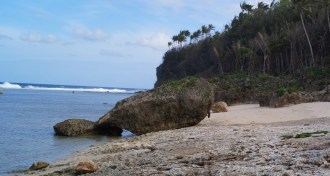 Climate
ClimateSuper typhoon shoved supersized boulder
Typhoon Haiyan pushed a 180-ton boulder, the most massive rock ever seen moved by a storm.
-
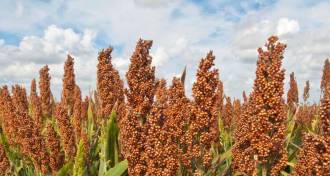 Agriculture
AgricultureRestoring crop genes to wild form may make plants more resilient
Restoring wild genes could make plants more resilient in tough environments.
-
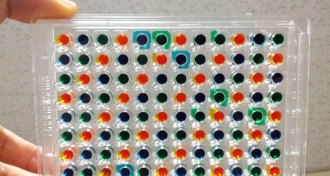 Life
LifeFast test reveals drug-resistant bacteria
A new test uses time-lapse photography to see within a few hours whether individual bacterial cells are vulnerable to antibiotics.
-
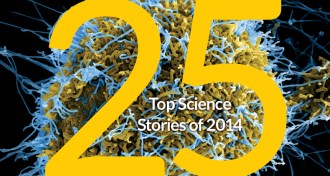 Science & Society
Science & SocietyEbola, Rosetta, e-cigarettes and more top stories of 2014
West Africa’s Ebola epidemic captured the attention of both the scientific world, and the world at large in 2014, placing it first among the Top 25 stories of the year.
-
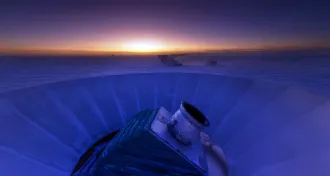 Science & Society
Science & SocietyScience’s good, bad, ugly year
In the race for Top Science Story of 2014, some of the contenders stumbled before reaching the finish line.
-
 Science & Society
Science & SocietyScience inspires awe — and arguments
As an eventful year in the sciences concludes, one that sparked both triumph and tragedy, SN's Editor in Chief contemplates 2014's most interesting stories.
By Eva Emerson -
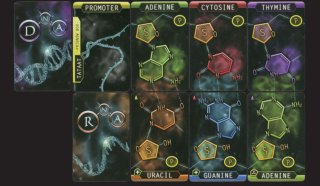 Genetics
GeneticsEvolve and Linkage turn science into games
In the two new games Evolve and Linkage, biological principles are made entertaining and strategic.
-
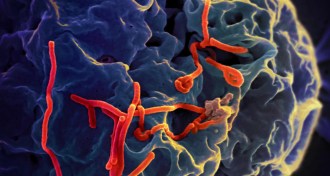 Microbes
MicrobesYear in review: Science faces Ebola epidemic
West Africa’s 2014 Ebola epidemic showed what can happen when a contagious virus emerges where cultural practices, public fears and porous borders fuel the spread of disease.
By Nathan Seppa -
 Oceans
OceansAlcatraz escapees could have made it safely to shore
Detailed simulations of the San Francisco Bay suggest that three prisoners who escaped from the prison on Alcatraz Island in 1962 could have made it safely to shore.
-
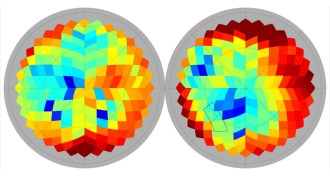 Astronomy
AstronomyYear in review: Dust obscures possible gravitational wave discovery
A possible signal from moments after the Big Bang may be due to dust in the Milky Way galaxy.